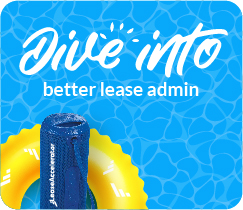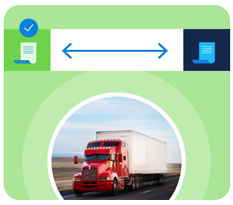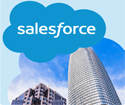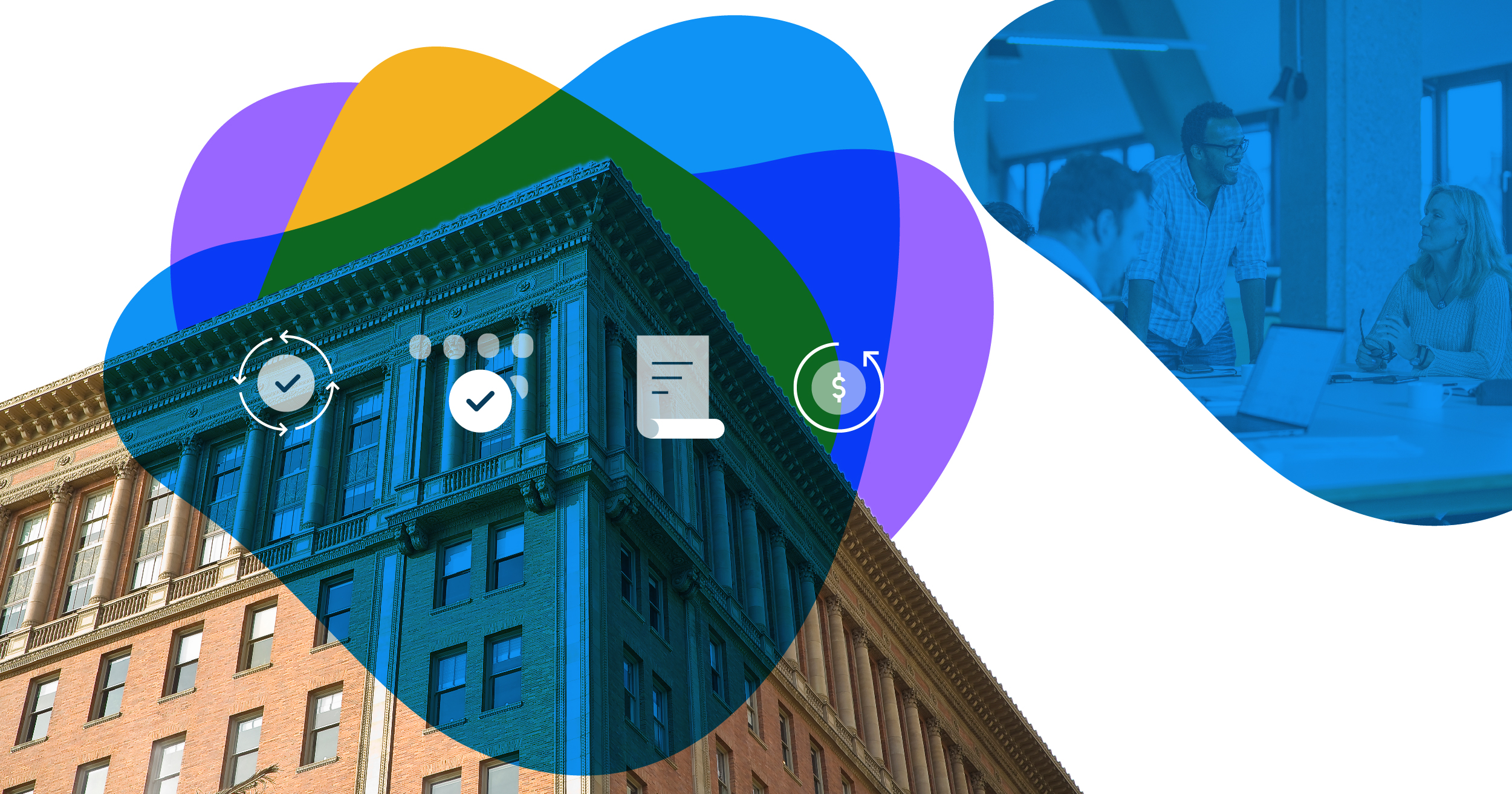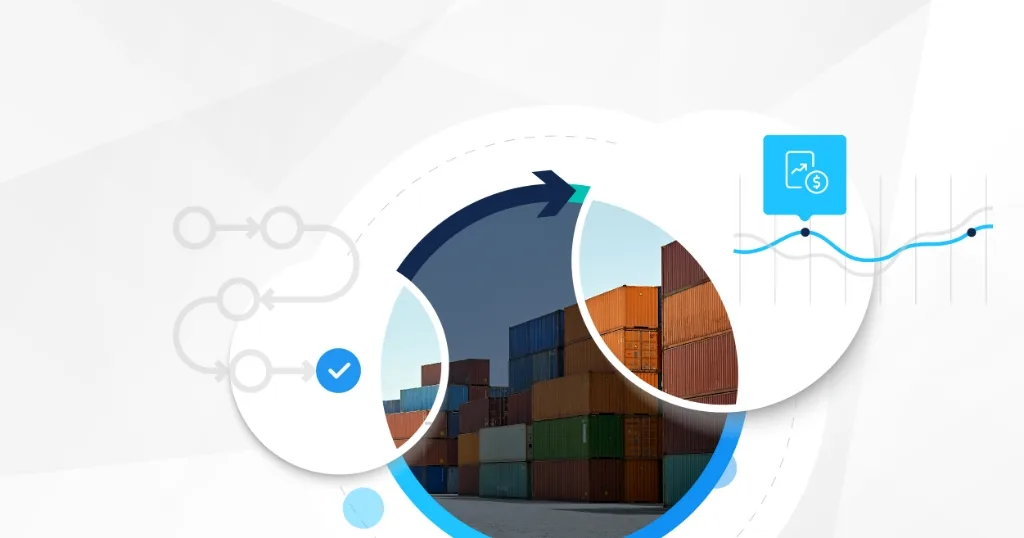One of the biggest lease management issues facing businesses today is inaccurate or missing lease data for ongoing ASC 842/IFRS 16 compliance and data maintenance. Workforce changes and skills gaps magnify this challenge, including the sudden shift to all-remote work models, increased employee turnover, limited in-house expertise, and outdated in-house processes.
However, businesses can get on the right track toward achieving and maintaining long-term, sustainable lease accounting compliance by evaluating current leasing processes to determine which to keep in-house and which to consider for external or collaborative resourcing. With the correct application of automation and expertise, businesses can drive cost savings and optimization.
Breaking down in-house, external, and collaborative resource models
The back office has changed significantly over the last two decades by focusing on efficiency and cost reduction.
- In-house: A traditional model where business practices are performed, assigned, and managed within the operational infrastructure of the organization.
- External: A model that leverages a third party (outside of the organization) to undertake specific tasks or processes, usually with a high level of autonomy.
- Collaborative resourcing: A relatively new model, collaborative resourcing is where there is shared responsibility for business practices across internal teams and a third-party specialist, providing the business with control and transparency on assigned functions.
Evaluating your leasing process to determine the right resource model
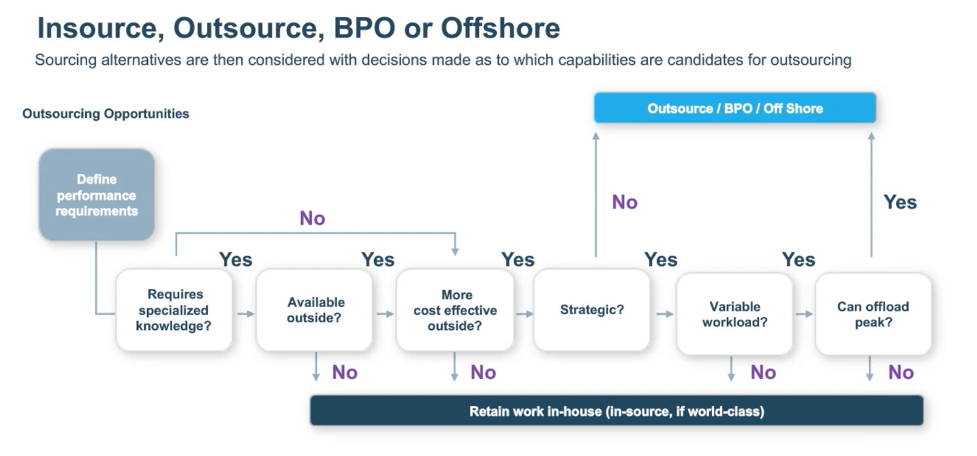
The value of automating the leasing lifecycle
Once a business evaluates its lease capabilities and decides on a business model, the next key step is to deploy an automated platform like LeaseAccelerator. Automating the lease lifecycle with the right software will help solve initial data challenges, but businesses still need to build a long-term plan for ongoing lease management.
Due to this, many companies are exploring the use of Global Lease Services (GLS), which leverage external resources and managed service providers to take advantage of non-core expertise or focus local resources on more strategic activities. Freeing up internal resources so businesses can focus on core competencies and other strategic projects, Global Lease Services enable businesses to stay audit-ready while maintaining business continuity. With the ability to scale up or down, businesses can tap into experts to help them transform outdated processes as well as drive long-term cost savings and lease management success.
Connect with LeaseAccelerator today to determine the right resource mix for your organization and see if one of our alliances can help you accelerate your lease lifecycle automation goals with their managed services.
For more detail, listen to this webinar replay.
